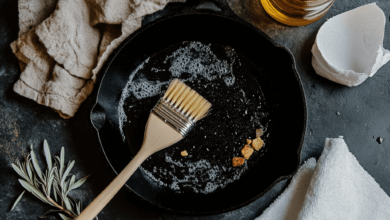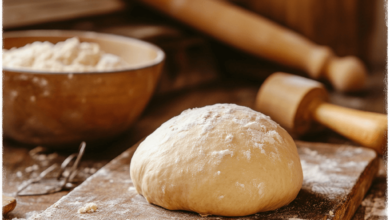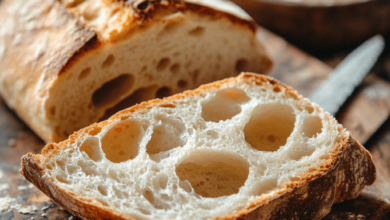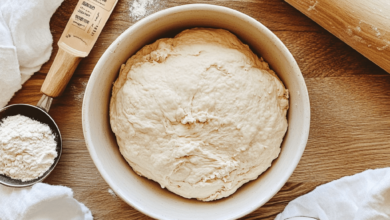Why Does Butter Enhance the Flavor of Food?
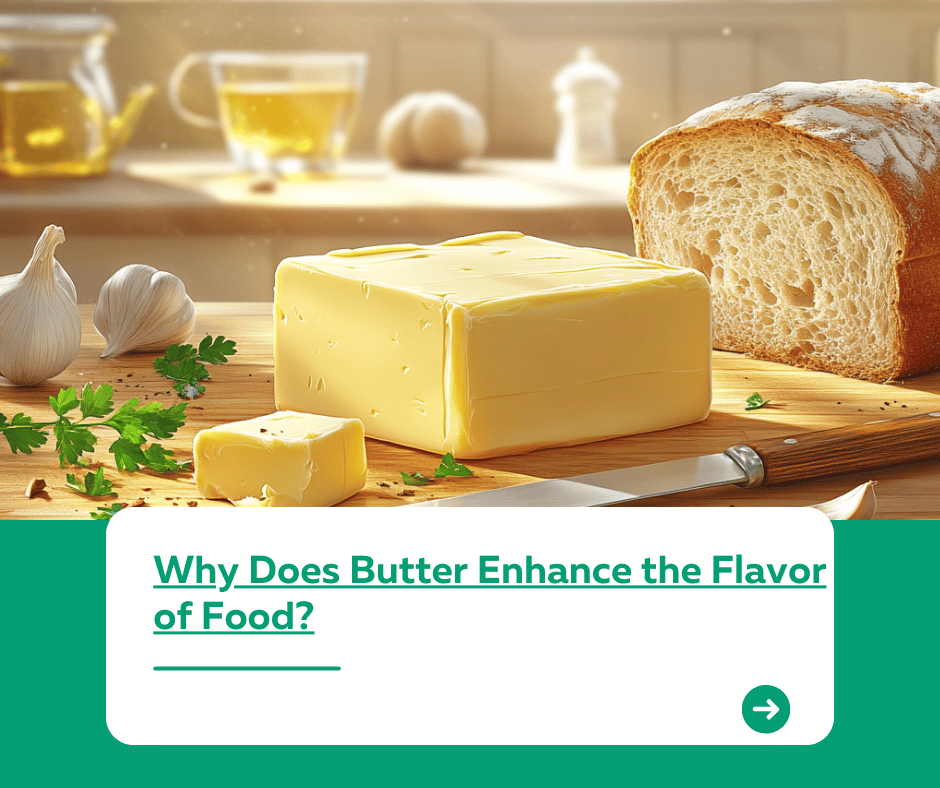
Introduction
Butter is a beloved ingredient in kitchens around the world, known for its rich, creamy taste. But have you ever wondered, why does butter enhance the flavor of food so effectively? Beyond its delicious taste, butter plays a unique role in cooking and baking, amplifying flavors and creating mouthwatering dishes. In this article, we’ll explore the science behind butter’s flavor-enhancing properties and why it’s such a key ingredient in so many recipes.
1. The Unique Composition of Butter
Butter is made up of three main components that contribute to its flavor-enhancing power:
- Fat: The creamy fat content coats your taste buds, helping other flavors linger longer on your palate.
- Water: Adds moisture, improving the texture and preventing dryness in baked goods.
- Milk Solids: Contribute to the rich, nutty flavor that develops when butter is browned or caramelized.
2. How Butter Balances and Amplifies Flavors
Butter doesn’t just taste good on its own—it elevates other flavors:
- Balances Acidity: In savory dishes, butter softens sharp or acidic flavors, creating a smoother taste profile.
- Enhances Sweetness: In desserts, butter blends with sugar, making flavors richer and more satisfying.
- Adds Depth: When browned, butter develops a nutty, caramelized flavor that deepens the complexity of dishes.
3. Butter’s Role in Cooking and Baking
Butter serves multiple functions in the kitchen:
- Cooking:
- It’s a base for sauces like béchamel and hollandaise.
- Butter enhances the flavor of sautéed vegetables and meats.
- Baking:
- Creates flaky layers in pastries and adds tenderness to cakes and cookies.
- Provides a rich flavor that complements sweet and savory baked goods.
- Finishing:
- A pat of butter on top of a dish adds shine and an extra layer of flavor.
4. The Science of Butter and Texture
Butter doesn’t just enhance taste—it also improves texture:
- In Baking: Fat in butter helps create tender, moist baked goods.
- In Cooking: Butter emulsifies sauces, making them smooth and creamy.
- On Its Own: The melting point of butter creates a luxurious mouthfeel when eaten directly.
5. Tips for Using Butter in Cooking
To get the most out of butter’s flavor-enhancing properties, follow these tips:
- Use Unsalted Butter: This gives you better control over seasoning.
- Brown Your Butter: Heat butter until it turns golden brown to release nutty, caramelized notes.
- Don’t Burn It: Use low to medium heat to prevent butter from burning and becoming bitter.
- Pair with Complementary Ingredients: Butter pairs exceptionally well with herbs, garlic, and spices.
Conclusion
Butter is more than just an ingredient—it’s a flavor powerhouse that brings depth, richness, and balance to your cooking and baking. From its unique composition to its role in enhancing textures and flavors, butter is truly a kitchen essential. For more tips and culinary insights, visit our kuestion.com.

